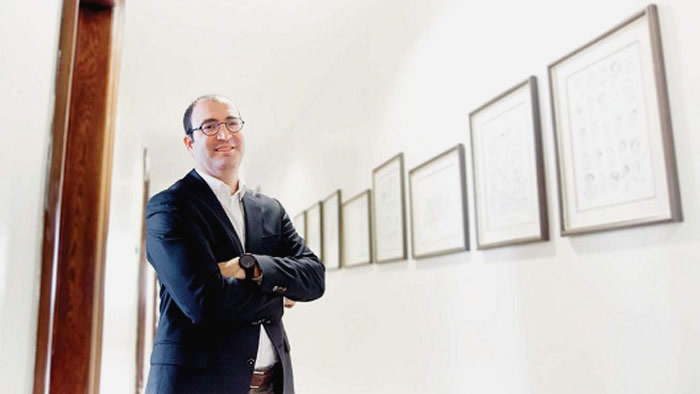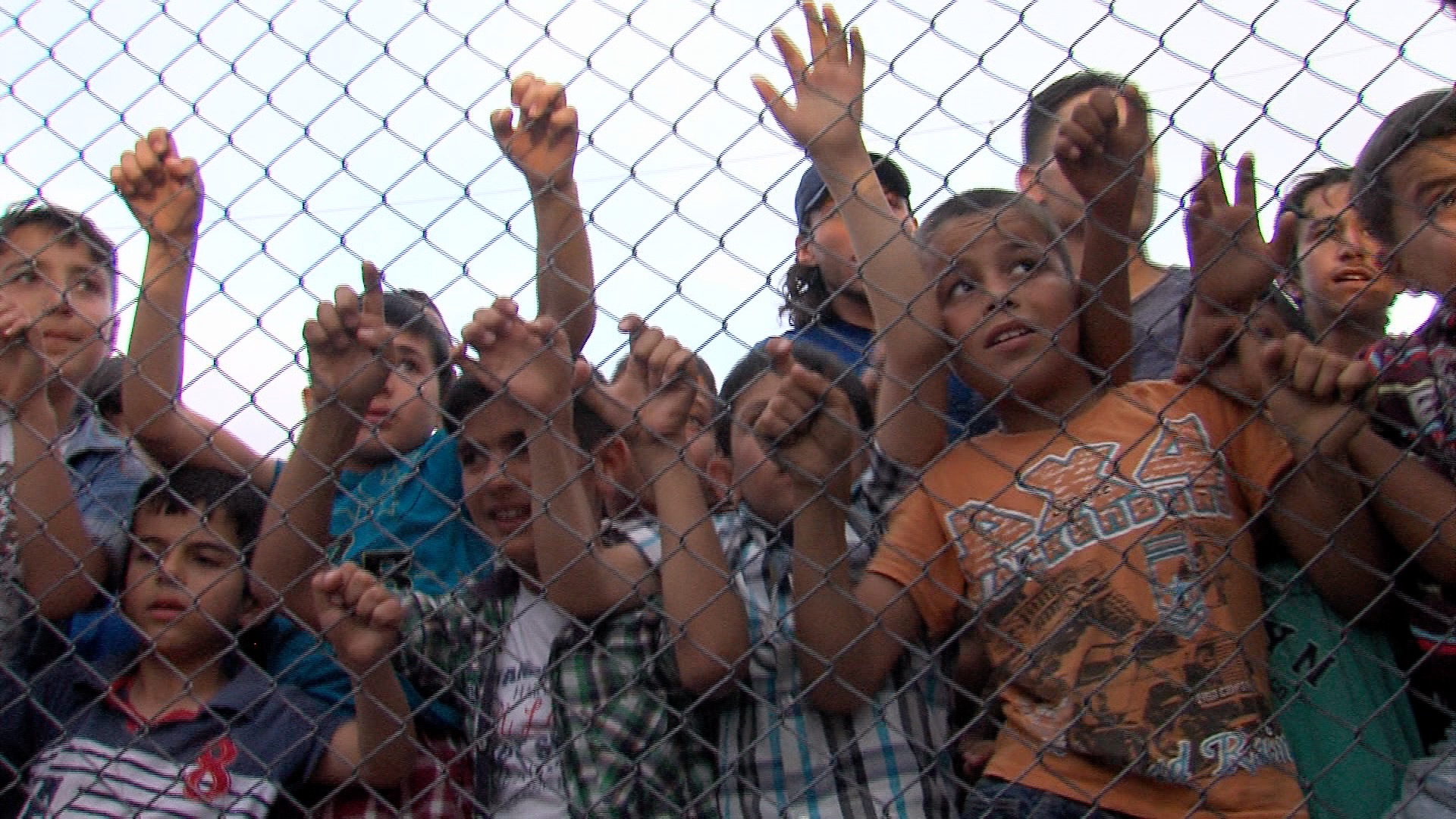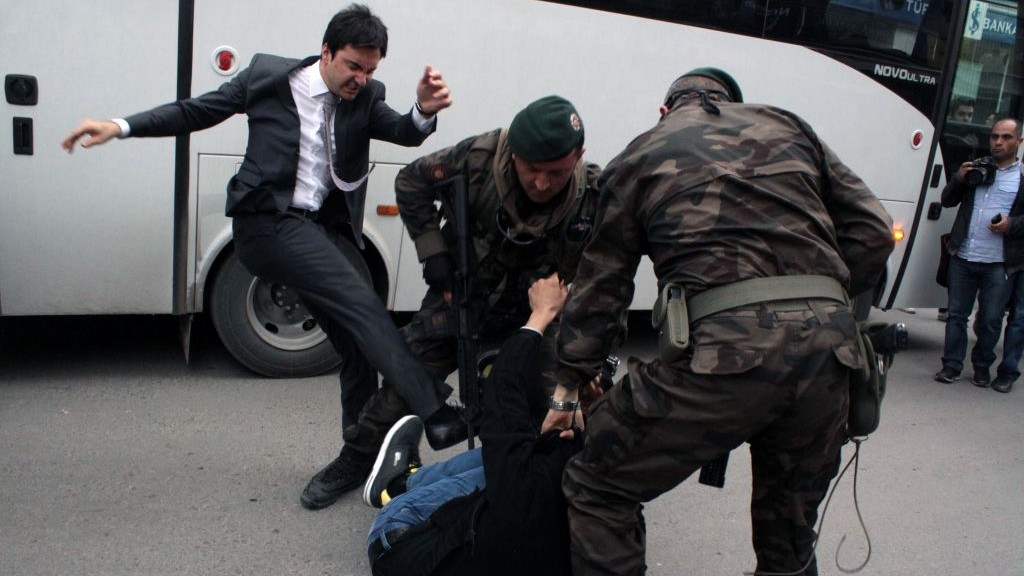Civil Society in Turkey
[widgetkit id=20773]
An increasing interventions by the Islamic conservative government is determining the current situation of civil society organizations in Turkey. Not only the press freedom and the freedom of speech is under attack but also the freedom of civil society at all. The Islamic conservative government used to cooperate with the civil society and it was even supporting the civil society financially before 2010. Today it have changed.
Around 2010 – long before the Gezi-Park protests – non govermental organizations (NGOs) became a threat for the policies of the AKP gorvernment. Today the government thinks: they are elected by the majority of citizens and that give them the right to ignore the demands and needs of the other 60 something percent of Turkish citizens.
The protests in summer 2013 were the result of the changed policy and the uprising was just an expression of being marginalized and being ignored as part of the Turkish population. Today the government sees civil society organizations which are not government oriented NGOs (GONGO’s) not as a potential in decision making processes but rather more as a potential terrorist threat.

Tevfik Başak Ersen – head of the Third Sector Foundation of Turkey TÜSEV – describes the interference of the government into the activities of civil society organisations (CSO’s): “Like elsewhere, but much more in Turkey, the government has a lot of tools to interfere in your internal operations. They can use penalties, they can use audits. And even though it’s legal, sometimes we all know it takes forever. They create all kind of problems. So governments always have those tools and when they want to make your life miserable, they will. In Turkey we witness this instance very much.”
“There is no legal binding document for the government to consult CSOs, so it’s very arbitrary”, said Ersen, who is working on consulting mechanism the government should follow, thus every interested parts can take part in those decision making processes.
Furthermore Ersen is concerned the civil space is occupied more and more by government oriented NGOs (GONGOs) in Turkey: “They (the government) come and say we consulted the civil society or the NGOs, but you don’t know who, because actually they are the ones close to the governance. Because there is no such open mechanism for consultation.”, and he continues: “So I think these are the dangerous organizations. It’s not just about the funding issues, but they also fill the civil space.”
The difficulties for the civil society in Turkey start with funding. Without gorvernmental permission no funding can be accessed. And even if an NGO recieved funding from abroad without a support or permission of the government, its bank account will be forzen.
Under this circumstances we know what will happened with the 3 million Euro the EU is going to pay Turkey for keeping three million Syrian refugees and keeping them out of Europe. It will not go to the NGO’s who are working to support the migrants and refugees from Syria and Iraq in Turkey since many years. It will not go to the volunteers who helped Syrian kids to go to school. It will not go to the migrant communities who tried to find new perspectives in the host country. It will go directly to the GONGOs who want to create a protection zone outside of the Turkish territory or in the worst case it will disappear in shoeboxes as we watched already in 2013.

The conclusion by Tevfik Başak Ersen: “Anybody can be the biggest public enemy the next day. You can be accused of being a terrorist very easily in Turkey. So today I am maybe good with the government the next day who knows I’ll be terrorist for them.”

